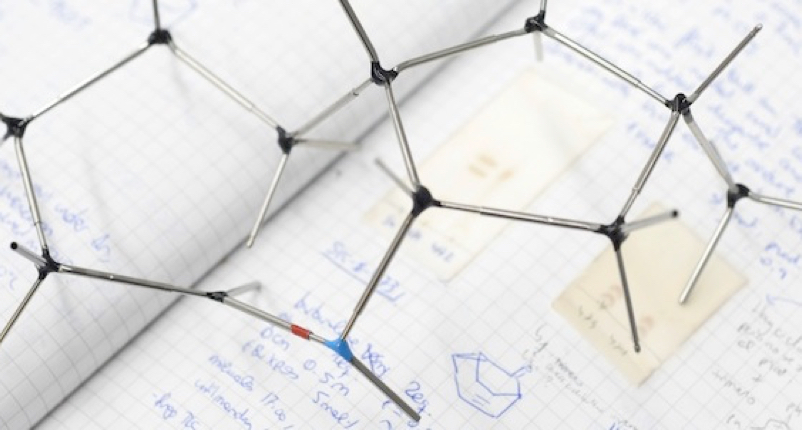Digital Light Processing-3D Printing of Thermoset Materials with High Biodegradability from Amino Acid-Derived Acrylamide Monomers
Six acrylamide resins, derived from l-phenylalanine and l-leucine, are designed for application in digital light processing (DLP) printers to obtain biodegradable thermoset polymers. The acrylamide copolymers are prepared under light irradiation at 405 nm and thermal post-curing processes. Low molecular weight poly(ethylene glycol)diacrylate (PEGDA) and N,N-dimethylacrylamide (DMAM), both liquid resins, are used as co-monomers and diluents for the amino acid-derived acrylamide solubilization. The presence of two phenylalanine units and two ester groups in the acrylamide monomer accuses a fast degradation rate in hydrolytic medium in 90 days. The residual products leached in the aqueous media prove to be non-cytotoxic, when 3D-printed samples are cultured with osteoblast cells (MG63), which represents an advantage for the safe disposal of printer waste materials. The scaled-up pieces derived from l-phenylalanine and diethylene glycol, as amino acid-derived acrylamide (named compound C), PEGDA and DMAM, present high dimensional stability after DLP printing of complex structures used as testing samples. Layers of 50 mu m of thickness are well cohesive having isotropic behavior, as demonstrated with tensile-strain measurements performed in X-Y-Z (plane) directions. The compound C, which contains phenylalanine amino acid, reveals a promising potential to replace non-biodegradable acrylate polymers used in prototyping systems.

Isarn, I.; Hodásová, L.; Pérez-Madrigal, M. M.; Estrany, F.; Armelin, E.; Bravo, F.
Macromol. Rapid Commun. 2023, 44 (15),
DOI:
10.1002/marc.202300132

Let's create a brighter future
Join our team to work with renowned researchers, tackle groundbreaking
projects and contribute to meaningful scientific advancements



















